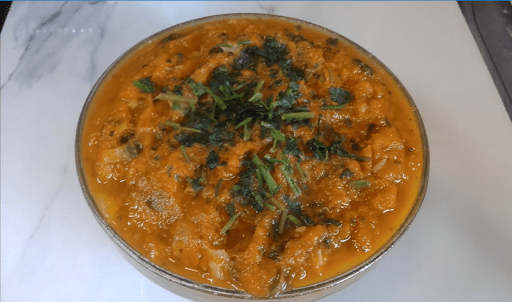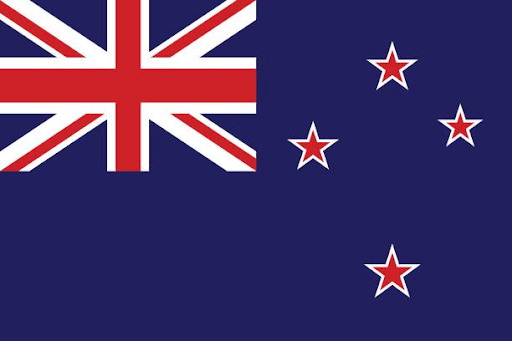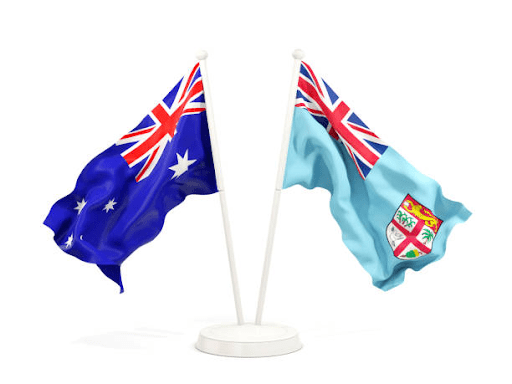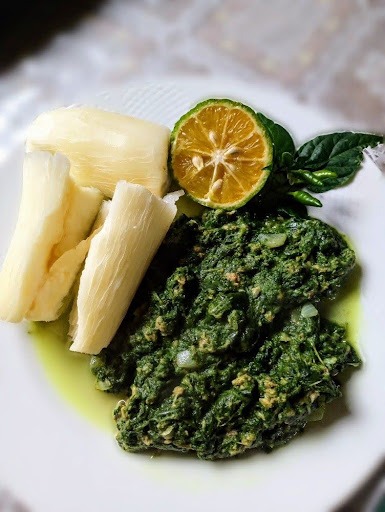What you need to know about the Itaukei Fijian language

Photo credit: Tourism Fiji
Arriving on the western side of Fiji, at the Nadi international airport, if you pay attention well enough, you will notice that the Fijian spoken by locals there differs greatly from that spoken in Suva. For some of the previous articles, one would’ve noticed the mention of the standard Fijian language being the Bau dialect. Unfamiliar with the culture and its history, you’d wonder why this is so? This article will explain everything on the reasons behind this, as well as elaborate on how this came to be. The Fijian indigenous culture, like other cultures, is complex but for this, it will be brief and short.
The Bau dialect
The Fijian language which is known locally in Fiji as itaukei (e-ta-ooh-k-e), uses the Bau dialect. Itaukei in Fijian refers to owners or ownership, for instance, ‘taukei ni qele’ means land owners. Bau is pronounced mba-ooh, this dialect has become a standard dialect for the Fijian language, and was made possible through the early influence of Bau Warlord, Ratu Seru Cakobau.
To further elaborate, Ratu Cakobau unified most of Fiji (the Kubuna confederacy) and proclaimed himself ‘Tui Viti’ (King of Fiji). It was this later declaration that brought him attention from missionaries, explorers and others, whether warranted or not. Foreigners would seek Cakobau for answers or help for any matters they had with Fijians. Cakobau with an alliance of chiefs, later ceded Fiji to Britain in 1874 under advisement of the British.
The many dialects of Fiji
Fiji’s provinces continue to have their own dialects that differ slightly from its neighbours. For instance, the dialects in the province of Ba, which is many, may vary slightly as you move southward to the Nadroga province. You’ll also notice that some neighbouring provinces like these two will have borrowed terms and phrases. Another instance is the three provinces on the island of Vanua Levu. This cycle continues until the exact term or phrase has a different meaning altogether.
Why are there many dialects? Easy, Fiji in pre-contact times had various chiefdoms, places with their own chiefs and system of doing things. There was trade, war and alliances between these chiefdoms but all functioned in their own system unless defeated in conflict, which like migration, happened often.
According to a Fiji Times article in 2016, there are about 300 dialects in the Fijian language, and it will continue to evolve, to incorporate borrowed terms from other dialects.
Check out the basic conversational Fijian phrases.
The Itaukei Language
The itaukei language remains fluid and continues to evolve because Fijian culture relied and continues to rely on oral traditions. Interest by academics and efforts by early colonial governments created the Fijian alphabet and the need for documentation, including using the Bau dialect standard for Fijian language.
The itaukei language considers certain letters to be of foreign sound, for instance, the letters ‘x’ and ‘z’ aren’t in the Fijian alphabet because these sounds are foreign. Even the letters ‘f’, ‘j’ and ‘p’ are foreign, only used in place of foreign words that have been localised. For example, pen or paper in Fijian is ‘peni’ or ‘pepa’. Here are some letters and their sounds:
C- ‘th’ *Cakobau pronunciation, Thekobau.
G- ‘ng’ *Gau pronunciation, Ngau (soft sound g- sing).
Q- ‘ng’ *Qari pronunciation, Ngari (hard sound g- gain).
Alphabets in the Fijian language have presumably been formed from sound rather than letter basis. The use of the letter ‘x’ was recently introduced into some Fijian dialects to signify the existence of silent letters and sounds, while the letter ‘z’ remains foreign. Similar to the Japanese language, Fijian itaukei words are easy to pronounce, in that it combines consonants, together with vowels to form speech sounds. The only exception is the letter ‘d’, which combines two letter consonants with vowels, such as ‘dra’, ‘dre’ and ‘dri’.
Find out the most commonly used Fijian phrases and words.












